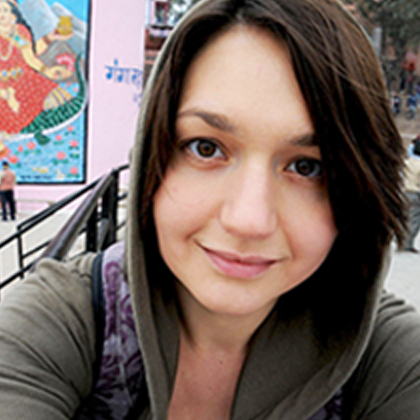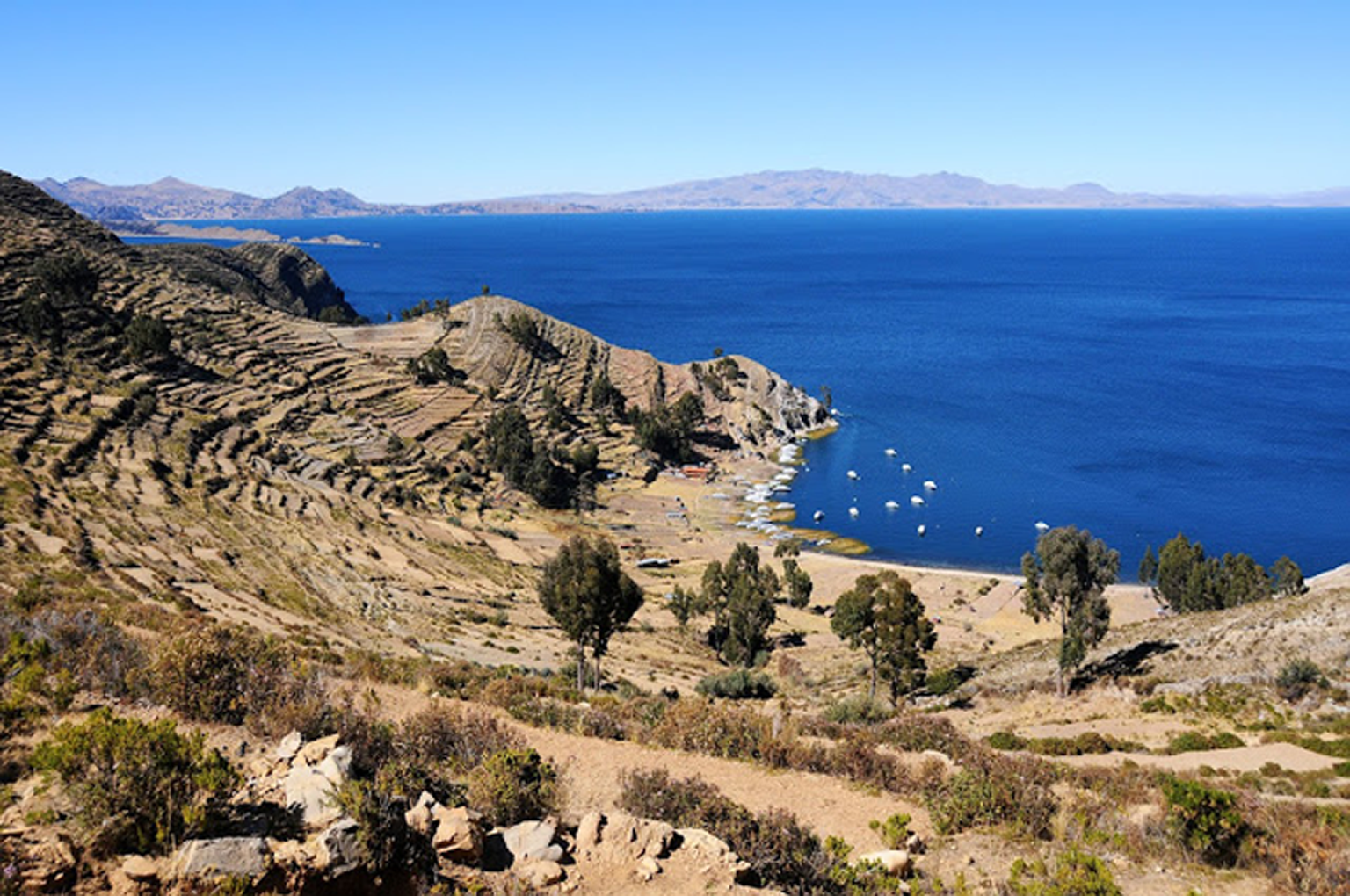- Posted by:
- anjci
- Under:
- Eurovision
My mission is fulfilled. I went to Norway over the weekend past and threw all my strength into supporting Alexander Rybak on his way to Eurovision 2009 victory for Norway. The cute Belarusian violinist won the hearts of millions across the entire Europe and gave a new spark to Norway’s Constitution Day, 17 May. The timing could not have been better! Bravo, Sasha!
I have to add here that I am obsessed with Eurovision. I never owned a TV set in my life, but recently considered buying a fancy flat-screen plasma one, for no other reason than being able to watch Eurovision – in style I never enjoyed. I dropped the idea literally before the counter – which, in modern world, means being one click away from an online purchase. The calculative side of me won – but the passionate side of me belongs truly, madly and most deeply to the infamous Song Contest.
This year’s Eurovision was special in many ways. Below is a modest attempt to summarise some of my – purely subjective – impressions from last weekend. I am not a professional coverage reporter, as the material below will no doubt show.
Highlight of the night: Song quality. Eurovision is not what you’d think of first when defining good-quality music. Most representatives are typically nowhere short of embarrassing. This year, however, was marked by a string of excellent songs and performances. Of course, there was Rybak, the winner, with his virtuoso violin playing and supporting Frikar dancers. Bosnia & Herzegovina impressed with a beautiful ballad by ancient rockers Regina and perfect stage coordination. Estonian ladies’ orchestra Urban Symphony was classy and stunning in every way. Azerbaijan pulled out a powerful combination of ethnic rhythms and modern pop. The list goes on; Iceland, Denmark, France and the UK all impressed with quality. For the likes of France and the UK especially, who have participated since Eurovision’s very early days in the 1950s and have thus somewhat lost the spark – this was quite an achievement.
Improvement of the night: Voting system. It is not a secret how politically loaded and diaspora-influenced public voting is in Eurovision. 2009 saw the long-awaited change in the voting system – even if for the Finals only – whereby points were awarded 50-50 by the public and a special jury of music experts. While I fully align with the idea as such, I could not help noticing little change in some countries’ votes. Perhaps the jury of so-called independent music experts was as biased as the general public and consisted partly of that hapless diaspora!
Trend of the night: National languages. After the initial euphoria from being allowed to perform in languages other than the national (in 1999), the trend reversed with Serbia’s Eurovision 2007 winner “Molitva”, lyrics written fully in Serbian. The most notable this year was Estonia, with its first song in Estonian ever since the language restriction was lifted. The most politically correct entry was undoubtedly Israel, singing in a mix of Hebrew, Arabic and English. Latvia and Lithuania made a bow of respect towards their big neighbour, performing a full song and a verse in Russian language, respectively. Russia supported the trend with its Russian/Ukrainian song. I personally found this reversal towards national languages very refreshing.
Sweet couples of the night: Countries that exchanged 12 points. It did not take a rocket scientist to predict whom Bosnia & Herzegovina would award 12 points to. Who else but the neighbouring Croatia, even if an outsider of the Contest otherwise? Croatia was quick to return the favour. Another sweet couple I could not help noticing was Romania and Moldova. Isn’t that the same country, anyway?
Misfit of the night: Serbia. It was just recently that Eurovision ceased being more a joke than anything else. Finland did a wonderful job hosting the Contest back in 2007, where it treated the entire event as a comedy show. Those days are gone. All songs this year were serious in their victory pursuit – except for one. Serbia clearly left its seriousness at home, sending to the Contest Marko Kon and Milaan with a highly sarcastic “Cipela” dominated by the sound of accordion. I have to admit that I absolutely loved the song; however, it simply didn’t fit with the rest of this year’s Contest and hence never made it past the semi-finals. As an example, Croatia fitted in much better and did qualify for the finals thanks to the jury selection – despite its much weaker public vote compared to Serbia.
Disappointment of the night: Greece. Hellenic hunk Sakis Rouvas must have focused too much on his six-pack and performance (both admittedly amazing, especially the former) at the expense of song quality (see above). Hence, despite all that hype, he only came 7th, disappointing thousands of Greek viewers at home and beyond. Greece was actually interesting in many ways this year. The so-called cradle of democracy, it shocked me with a most non-democratic national song selection. I mean, Greeks could choose between Sakis, Sakis and Sakis this year, with songs of varying degrees of non-listenability. That doesn’t give much, erm, choice – at least in my humble opinion.
Scare of the night: Albania. Absolutely. I am still wondering if the on-stage greenman was some kind of carbon-friendly Spiderman version – or tribute to USSR’s classic “Phantomas” movie? Either way, it was uncomfortably scary. Seriously guys, next time consider popping in to the neighbouring Greece for stage act ideas.
Sad moment of the night: Malta. It was singer Chiara’s third time round representing Eurovision for her country. How many people live in Malta again? Chiara was outstanding in every way, and had a potential winner of a song. For some reason, however, it finished alongside such outsiders as Finland, Spain and Lithuania. I hope at least that those Maltese folks finally got the message.
National vote announcer of the night: Bosnia & Herzegovina. Amid the dull, “what a great performance”, “well done Moscow”, etc, national vote announcers, a ray of light finally shone through. Who else but our old friend Elvir Laković “Laka”, last year’s Bosnia & Herzegovina’s Eurovision entry? He didn’t seem to have changed one bit. I am not even sure he had washed his hair since last year’s “Pokušaj”. Laka, we missed you!
See you all in Norway next year.











Chloe06 says:
July 1, 2014 at 11:01 am
Your travel is really nice. But I was a little offended by one of your comments in this article. Moldova and Romania are not the same. Just because we speak the same language, I'll never feel myself Romanian.
Comments are closed.